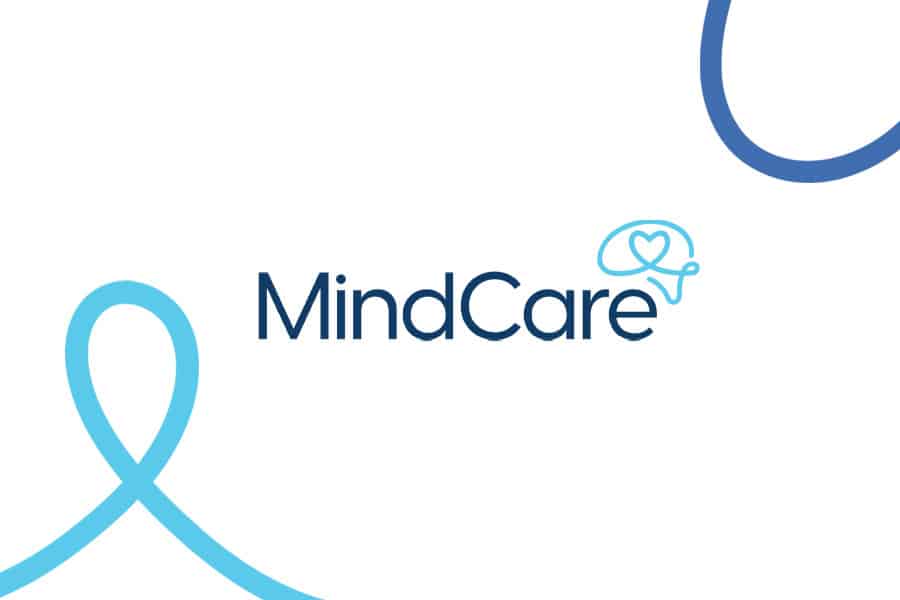If depression symptoms persist or impact daily life, professional help is necessary.
Depression is a common yet serious mental health condition. It can affect mood, sleep, appetite, and concentration. Some individuals manage symptoms with support, but many require professional care to recover.
According to Mayo Clinic, depression is not a weakness or sadness that one can “snap out of.” It often needs medical or psychological intervention and benefits from structured treatment.
What are the signs of depression to look for?
Recognising symptoms is the first step toward helping.
Common signs of depression include:
- Persistent sadness or hopelessness
- Loss of interest in hobbies
- Fatigue or low energy
- Appetite or weight changes
- Sleep disturbances
- Difficulty concentrating or making decisions
- Thoughts of suicide or self-harm
If you notice these signs, act early and start a supportive conversation.
When is professional help necessary?
1. Symptoms are persistent or worsening
If symptoms last for weeks or months and continue to worsen, intervention is vital.
2. Daily life is affected
Inability to work, study, or maintain relationships indicates a need for treatment.
3. Suicidal thoughts emerge
Any sign of suicidal ideation should prompt immediate professional assistance.
What treatment options are available for depression?
Talk Therapy (Psychotherapy)
Psychotherapy helps individuals understand emotions and develop coping strategies.
Common evidence-based methods:
- Cognitive Behavioural Therapy (CBT)
- Interpersonal Therapy (IPT)
- Psychodynamic Therapy
“Talk therapy is a medium for mental health professionals to communicate with clients.” – Harriet Donegan
Medication
Antidepressants regulate brain chemicals and reduce symptoms.
A GP or psychiatrist can:
- Prescribe the right type and dose
- Monitor side effects
- Adjust medications over time
Lifestyle Changes
Physical and mental health are deeply connected.
Helpful lifestyle adjustments:
- Regular exercise
- Healthy diet
- Sufficient sleep
- Stress reduction techniques
“Slow, deep breathing is like an anchor in the storm.” – Russ Harris
Complementary Therapies
Creative or sensory therapies provide additional emotional support.
These may include:
- Art therapy
- Music therapy
- Animal-assisted therapy
These therapies boost mood and emotional expression.
How can you support a loved one during treatment?
Be present
Offer emotional support without judgement.
Encourage treatment
Help find therapists or offer to attend sessions for support.
Stay informed
Learn about depression and recovery processes.
Take care of yourself
Support roles can be draining. Prioritise your own wellbeing.
Be patient
Recovery is not linear. Stay consistent and understanding.
FAQs
What are the symptoms of depression?
Persistent sadness, fatigue, loss of interest, appetite changes, sleep issues, and suicidal thoughts.
When should I seek help for a loved one?
If symptoms worsen, impact life, or involve suicidal ideation, seek professional help immediately.
What treatments are effective for depression?
Talk therapy, antidepressants, lifestyle changes, and creative therapies can help manage symptoms.
What is talk therapy?
It involves guided sessions with a trained professional to explore emotions and develop coping tools.
Can lifestyle changes help with depression?
Yes. Regular exercise, healthy eating, sleep hygiene, and stress management improve symptoms.
How do I know which treatment is best for my loved one?
Work with a qualified clinician to assess symptoms and preferences and tailor an individualised plan.
How does MINDCARE help individuals with depression?
MINDCARE provides psychiatry, psychology, behavioural therapy, and allied health support tailored to each person’s needs.
Ready to help a loved one find the right support?
Depression is treatable, and early action can save lives.
At Mindcare, our multidisciplinary team offers expert care for children, teens, and adults facing emotional challenges.
Contact us today to explore our tailored treatment options, from therapy to psychiatry and allied health support.












